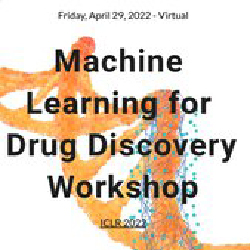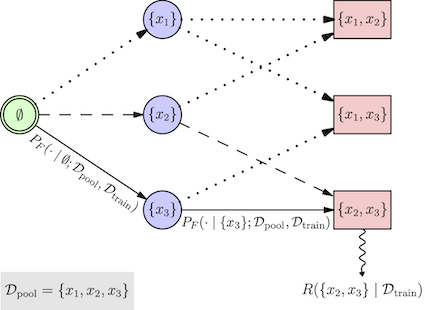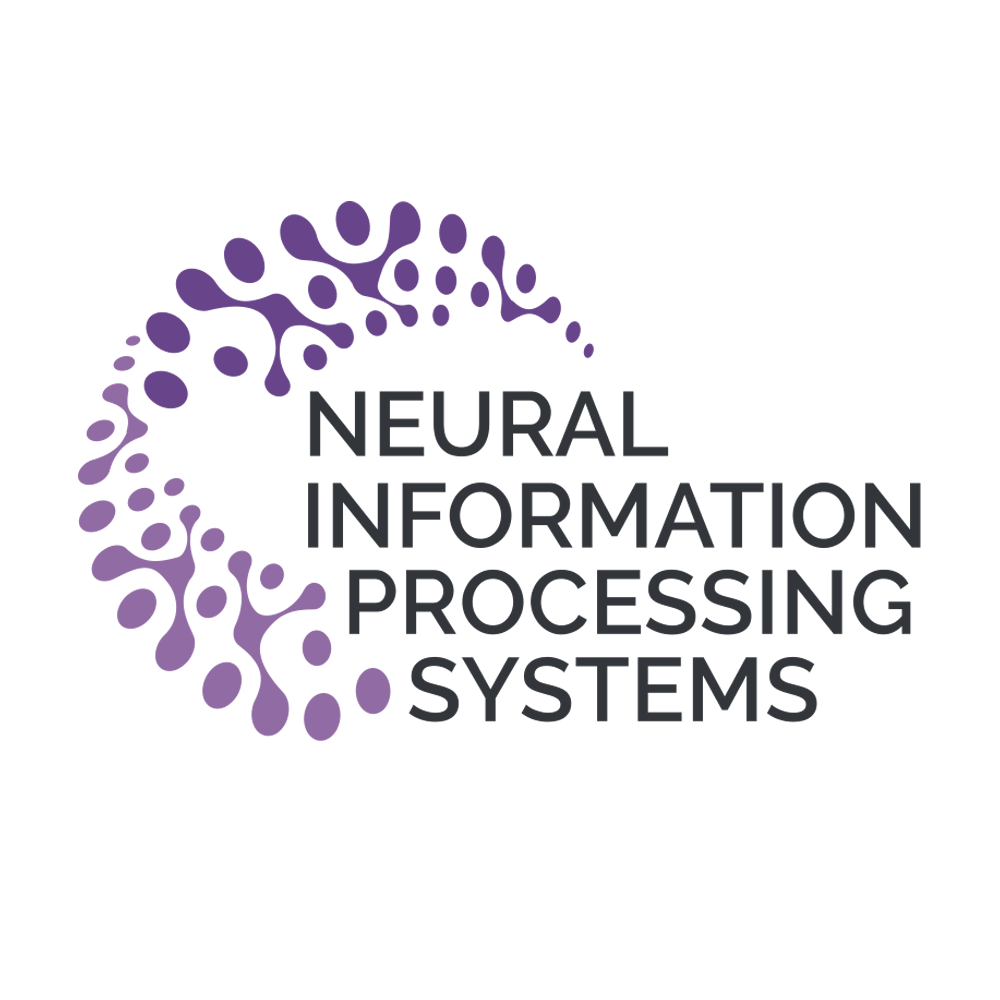Back to all members...
Shreshth Malik
PhD, started 2021

Shreshth is a DPhil student in the OATML group, supervised by Yarin Gal and Stephen Roberts, and is a member of the AIMS CDT. His main research interests are problems that limit ML systems to be taken out of the lab and used with confidence in the real world, motivated by applications in the sciences. This includes topics such as incorporating physical inductive biases into neural networks, data-efficient learning, and differentiable simulations. He was recently a PhD researcher on the NASA FDL-X program. He also is interested in mitigating short/long term AI risk, collaborating with the causal incentives working group.
Previously, he has worked on understanding the challenges of using deep active learning in practice with Humanloop and David Barber, and predicting the outcomes of material syntheses with Alpha Lee. He holds Master’s degrees in Machine Learning (UCL) and Physical Natural Sciences (University of Cambridge). Outside of research, he’s worked in venture capital, management consulting, and with a range of tech startups.
Publications while at OATML • News items mentioning Shreshth Malik • Reproducibility and Code • Blog Posts
Publications while at OATML:
Semantic Entropy Probes: Robust and Cheap Hallucination Detection in LLMs
We propose semantic entropy probes (SEPs), a cheap and reliable method for uncertainty quantification in Large Language Models (LLMs). Hallucinations, which are plausible-sounding but factually incorrect and arbitrary model generations, present a major challenge to the practical adoption of LLMs. Recent work by Farquhar et al. (2024) proposes semantic entropy (SE), which can detect hallucinations by estimating uncertainty in the space semantic meaning for a set of model generations. However, the 5-to-10-fold increase in computation cost associated with SE computation hinders practical adoption. To address this, we propose SEPs, which directly approximate SE from the hidden states of a single generation. SEPs are simple to train and do not require sampling multiple model generations at test time, reducing the overhead of semantic uncertainty quantification to almost zero. We show that SEPs retain high performance for hallucination detection and generalize better to out-of-distributi... [full abstract]
Jannik Kossen, Jiatong Han, Muhammed Razzak, Lisa Schut, Shreshth Malik, Yarin Gal
ICML Workshop on Foundation Models in the Wild, 2024
[OpenReview] [arXiv]
High-Cadence Thermospheric Density Estimation enabled by Machine Learning on Solar Imagery
Accurate estimation of thermospheric density is critical for precise modeling of satellite drag forces in low Earth orbit (LEO). Improving this estimation is crucial to tasks such as state estimation, collision avoidance, and re-entry calculations. The largest source of uncertainty in determining thermospheric density is modeling the effects of space weather driven by solar and geomagnetic activity. Current operational models rely on ground-based proxy indices which imperfectly correlate with the complexity of solar outputs and geomagnetic responses. In this work, we directly incorporate NASA's Solar Dynamics Observatory (SDO) extreme ultraviolet (EUV) spectral images into a neural thermospheric density model to determine whether the predictive performance of the model is increased by using space-based EUV imagery data instead of, or in addition to, the ground-based proxy indices. We demonstrate that EUV imagery can enable predictions with much higher temporal resolution and replac... [full abstract]
Shreshth Malik, James Walsh, Giacomo Acciarini, Thomas E. Berger, Atılım Güneş Baydin
Machine Learning and the Physical Sciences workshop, NeurIPS 2023
[paper]
BatchGFN: Generative Flow Networks for Batch Active Learning
We introduce BatchGFN---a novel approach for pool-based active learning that uses generative flow networks to sample sets of data points proportional to a batch reward. With an appropriate reward function to quantify the utility of acquiring a batch, such as the joint mutual information between the batch and the model parameters, BatchGFN is able to construct highly informative batches for active learning in a principled way. We show our approach enables sampling near-optimal utility batches at inference time with a single forward pass per point in the batch in toy regression problems. This alleviates the computational complexity of batch-aware algorithms and removes the need for greedy approximations to find maximizers for the batch reward. We also present early results for amortizing training across acquisition steps, which will enable scaling to real-world tasks.
Shreshth Malik, Salem Lahlou, Andrew Jesson, Moksh Jain, Nikolay Malkin, Tristan Deleu, Yoshua Bengio, Yarin Gal
Structured Probabilistic Inference & Generative Modeling workshop, ICML 2023
[paper]
Discovering Long-period Exoplanets using Deep Learning with Citizen Science Labels
Automated planetary transit detection has become vital to prioritize candidates for expert analysis given the scale of modern telescopic surveys. While current methods for short-period exoplanet detection work effectively due to periodicity in the light curves, there lacks a robust approach for detecting single-transit events. However, volunteer-labelled transits recently collected by the Planet Hunters TESS (PHT) project now provide an unprecedented opportunity to investigate a data-driven approach to long-period exoplanet detection. In this work, we train a 1-D convolutional neural network to classify planetary transits using PHT volunteer scores as training data. We find using volunteer scores significantly improves performance over synthetic data, and enables the recovery of known planets at a precision and rate matching that of the volunteers. Importantly, the model also recovers transits found by volunteers but missed by current automated methods.
Shreshth Malik, Nora L. Eisner, Chris J. Lintott, Yarin Gal
Machine Learning and the Physical Sciences workshop, NeurIPS 2022
[paper]
News items mentioning Shreshth Malik:

OATML to co-organize the Workshop on Computational Biology (WCB) at ICML 2023
30 Mar 2023
OATML students Pascal Notin and Ruben Wietzman are co-organizing the Workshop on Computational Biology (WCB) at ICML 2023 jointly with collaborators at Harvard, Columbia, Cornell and others. OATML students Freddie Bickford Smith, Jan Brauner and Shreshth Malik are part of the program committee.

OATML to co-organize the Machine Learning for Drug Discovery (MLDD) workshop at ICLR 2023
21 Dec 2022
OATML students Pascal Notin and Clare Lyle, along with OATML group leader Yarin Gal, are co-organizing the Machine Learning for Drug Discovery (MLDD) workshop at ICLR 2023 jointly with collaborators at GSK, Genentech, Harvard, MIT and others. OATML students Neil Band, Freddie Bickford Smith, Jan Brauner, Lars Holdijk, Andrew Jesson, Andreas Kirsch, Shreshth Malik, Lood van Niekirk and Ruben Wietzman are part of the program committee.
Blog Posts
OATML Conference papers at NeurIPS 2022
OATML group members and collaborators are proud to present 8 papers at NeurIPS 2022 main conference, and 11 workshop papers. …
Full post...Yarin Gal, Freddie Kalaitzis, Shreshth Malik, Lorenz Kuhn, Gunshi Gupta, Jannik Kossen, Pascal Notin, Andrew Jesson, Panagiotis Tigas, Tim G. J. Rudner, Sebastian Farquhar, Ilia Shumailov, 25 Nov 2022





